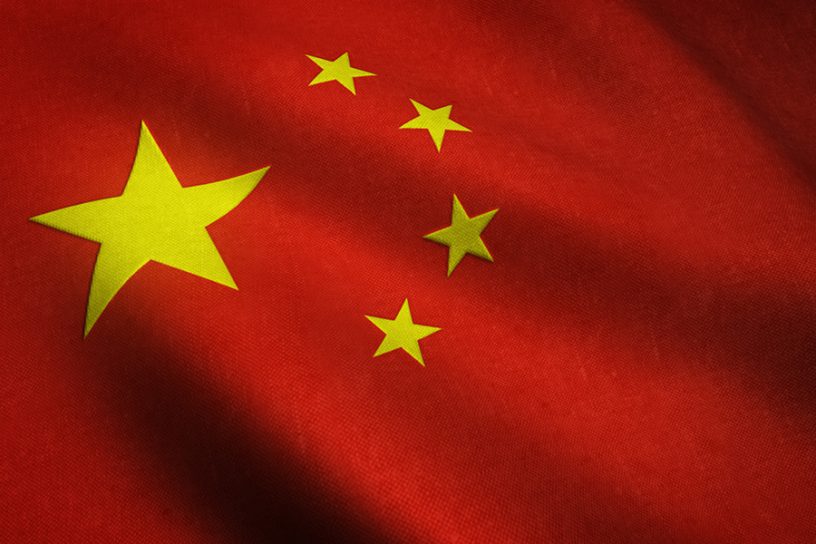
The issues which the protesting students raised on June 3-4, 1989 (unemployment, income inequality, development disparity, political reforms), are all very much relevant today, says the author.
Author
Gunjan Singh, Assistant Professor, Jindal Global Law School, O.P. Jindal Global University, Sonipat, Haryana, India.
Summary
June 4, 2022, marks the 33rd anniversary of the student protests in Tiananmen Square. The developments of June 1989 were a natural result of the effects of the reform and opening up introduced by Deng Xiaoping. The increasing inequality in the Chinese society, corruption, income disparity and unemployment led the students to protest the policies introduced by the Chinese Communist Party (CCP).
The students called for democratic reforms, an idea which was not acceptable to the CCP. The CCP termed the protest unlawful, a challenge to its authority, called in the People’s Liberation Army (PLA) and imposed martial law.
The military marched into Tiananmen Square to clear the protestors; the death toll is still debatable. However, the protests highlighted to the CCP that it needed to revisit its development strategy and how it should be managing the political reform, if any.
Before the fateful date arrives, the CCP goes to extra lengths to cover up any mention of the events in 1989. It is a known fact that the Chinese censor the numbers June 3, June 4 and Tiananmen Square.
Any attempt to search the events generally results in blank pages on the Chinese internet. Even the giant internet providers follow the CCP directives, which is a prerequisite to tapping the vast Chinese market.
Tiananmen Square is patrolled by plainclothes police and heavily guarded. The online chat rooms are monitored, and any discussion based on words like protests, Tiananmen, and June generally results in extra surveillance.
Such actions also highlight that the CCP is still uncomfortable about openly accepting what happened in June 1989.
Published in: Deccan Herald
To read the full article, please click here.


